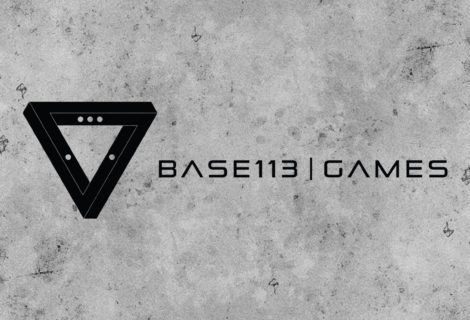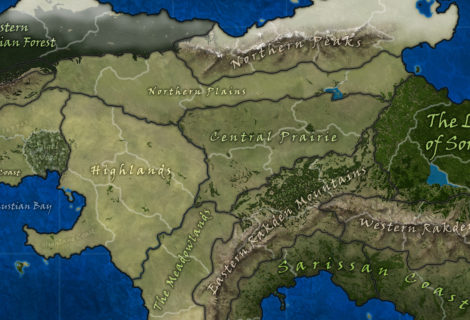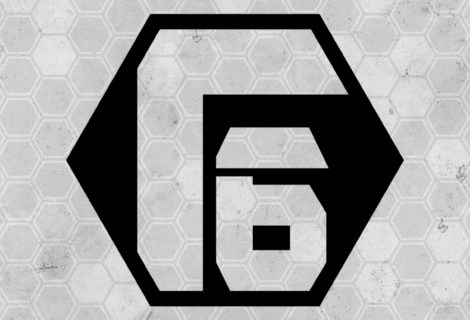Adapting Fate to the Strategic Game – Part Three
I’m looking at four human factions to start with in this campaign. As described in my post on our subreddit, factions are roughly equivalent to PCs. I’m envisioning each player assuming the role of a single faction and gaining control over individual groups, organizations, and characters. These groups are how the faction interacts with the world. They also have their own agendas – organization-specific issues – that they must complete to grow in power. My four starting factions are:
- The Expedition Leadership
- The Mutineers
- The Military Crew of the Exodus
- Everyone Else Caught in the Middle
Tackling the Issues
Before I get into the various orgs and groups, I want to return to the issues and opposition. Looking at how interaction with the issues will work, I’ve been focusing on We Have to Find a Way to Feed a Quarter Million People. I considered using a countdown clock or something similar, but I don’t want such a direct time pressure in one of the first scenarios. Using countdown also puts the players in more of a passive/defensive position, and I want them to take a more active role.
Right now, I’m thinking that each issue aspect will have a stress track. Players will use their orgs and groups to take action addressing the issue, thereby attacking it and inflicting stress until the issue is resolved and removed from play. Simple enough, except for the fact that the issues exist at a higher level of scale (or maybe just offer a higher passive opposition), so the players have to create advantages just to carry out an attack that has a reasonable chance of inflicting stress. This can also put the players in a position to make a choice – focus on creating temporary advantages to facilitate attacking the issues or pursue the agendas of one or more groups to make them more powerful and make it easier for them to tackle the issues down the road.
Opposition and Problems
There should be two basic forms of problems the players have to contend with. First, what happens when they fail a roll – the costs – I haven’t drilled down on this one yet. Second, how the issues impact the game the longer they exist. I considered give the issue aspects skills they use to periodically attack the colonists. So, We Have to Find a Way to Feed a Quarter Million People would have a Starvation skill and make attacks against groups or the population in general. This could involve having a separate stress track and consequences for the colonists. Has potential, but would require some more work to integrate how those tracks would affect the game.
Building on the idea of the event deck as described in another subreddit post, I could put together a deck of compels. At defined points in the game, each player draws a compel. As with Fate they have an option to accept the compel and receive a Fate point or spend a point to reject the compel. The card would actually compel one of the issue aspects and produce some sort of negative affect. This could be an attack against one of the player’s groups in the form of Starvation, Disease, Food Riots, etc. but every compel could be different, which I like better than having a standardized attack every few turns. This also reinforces the Fate point economy. Drawing from the compel deck could be required every X number of turns, as desired by the players (whenever they need to get some Fate points back), or even when they need a serious cost to succeed on a failed roll.
Structure Forming
So now a rough game structure is beginning to emerge. I’m still picturing this as using cards, so I’d have a few types of cards at this point:
- Issues: Aspects representing the issues of the scenario which are related to the scenario’s stakes and can be compelled. Many have stress tracks and can be attacked by the players to resolve the issue.
- Groups & Organizations: These are the key players in the scenario and provide the player factions with the means to interact with the world. They have aspects, skills, stunts, etc.
- Agendas: These are long-term objectives which groups/orgs can complete to expand their power, possibly by advancing skills and introducing aspects which represent how the org is changing the field of play. They might be completed within the current scenario or require multiple scenarios to complete.
- Compels & Costs: These are events, generally problematic, which take place by compelling the issue aspects, or possible other aspects attached to orgs/groups (consequences). These could be separate decks (or no cost deck might be needed at all).
- Tasks: These are specific actions available to the orgs/groups – think of them as specific versions of the core actions with defined stakes. Short-term tasks might be resolved with a single action, while long-term tasks might require a series of successful actions (similar to a contest). These will be among the most common cards used.
- Opportunities/Encounters: These represent choices the players can make in how they deal with different situations (via orgs/groups/characters). These may or may not require a roll. Not sure about this one.





Recent Comments